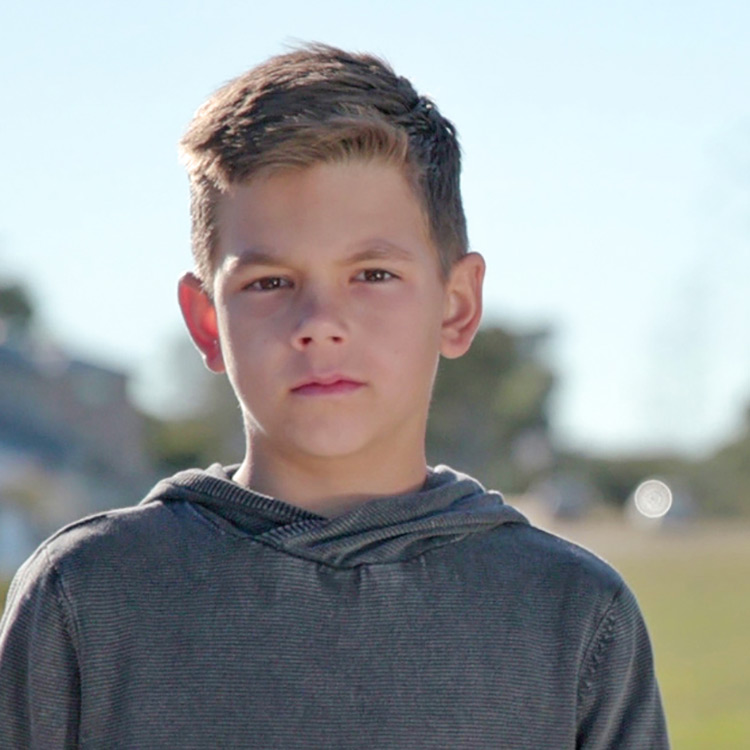Search
Showing results for "rishi kotecha"
Research
Exploring clonal diversity in paediatric B-cell leukaemia to identify new therapeutic weaknessSébastien Rishi S. Laurence Timo Malinge Kotecha Cheung Lassmann PhD MB ChB (Hons) MRCPCH FRACP PhD BPharm (Hons) MBA PhD BSc (Hons) MSc PhD
Research
Childhood craniopharyngioma: 20-year institutional experience in Western AustraliaAlthough neurocognitive, psychological and behavioural problems were noted for some patients during medical review, only 20% of patients were formally assessed.
Research
Optimized peripheral blood progenitor cell mobilization for autologous hematopoietic cell transplantation in children with high-risk and refractory malignanciesOur approach to hematopoietic progenitor cells mobilization resulted in highly effective HPC harvest in children and adolescents with high-risk cancers
Research
New therapeutic opportunities from dissecting the pre-B leukemia bone marrow microenvironmentWe provide evidence that targeting leukemia-induced bone loss is a therapeutic strategy for pre-B ALL
Research
Efficacy of DYRK1A inhibitors in novel models of Down syndrome acute lymphoblastic leukemiaDespite significant advances, outcomes for children with Down syndrome (DS, trisomy 21) who develop acute lymphoblastic leukemia remain poor. Reports of large DS-ALL cohorts have shown that children with DS have inferior event-free survival and overall survival compared to children without DS.
Research
Delivery of PEGylated liposomal doxorubicin by bispecific antibodies improves treatment in models of high-risk childhood leukemiaHigh-risk childhood leukemia has a poor prognosis because of treatment failure and toxic side effects of therapy. Drug encapsulation into liposomal nanocarriers has shown clinical success at improving biodistribution and tolerability of chemotherapy. However, enhancements in drug efficacy have been limited because of a lack of selectivity of the liposomal formulations for the cancer cells.
Research
Are outcomes for childhood leukaemia in Australia influenced by geographical remoteness and Indigenous race?Presenting features, biology and outcome for childhood leukaemia are known to vary by ethnic origin, geographic location and socioeconomic group. This study aimed to compare presentation patterns, follow-up and clinical outcomes in Indigenous and non-Indigenous children with acute leukaemia in Australia, and to assess the impact of remoteness and area-based socioeconomic disadvantage on outcome.
Research
Blinatumomab as bridging therapy in paediatric B-cell acute lymphoblastic leukaemia complicated by invasive fungal diseaseInvasive fungal disease (IFD) remains a challenging complication of treatment for paediatric acute leukaemia. Consensus fungal treatment guidelines recommend withholding chemotherapy to facilitate immune recovery in this setting, yet prolonged delays in leukaemia therapy increase risk of relapse.

Ten-year-old Xander has been through more than most kids of his age – specifically, three-and-a-half years of gruelling chemotherapy to treat leukaemia.
Research
Novel therapeutics approaches for infants with high-risk infant acute lymphoblastic leukaemiaRishi S. Laurence Sébastien Kotecha Cheung Malinge MB ChB (Hons) MRCPCH FRACP PhD BPharm (Hons) MBA PhD PhD Co-Head, Leukaemia Translational Research
